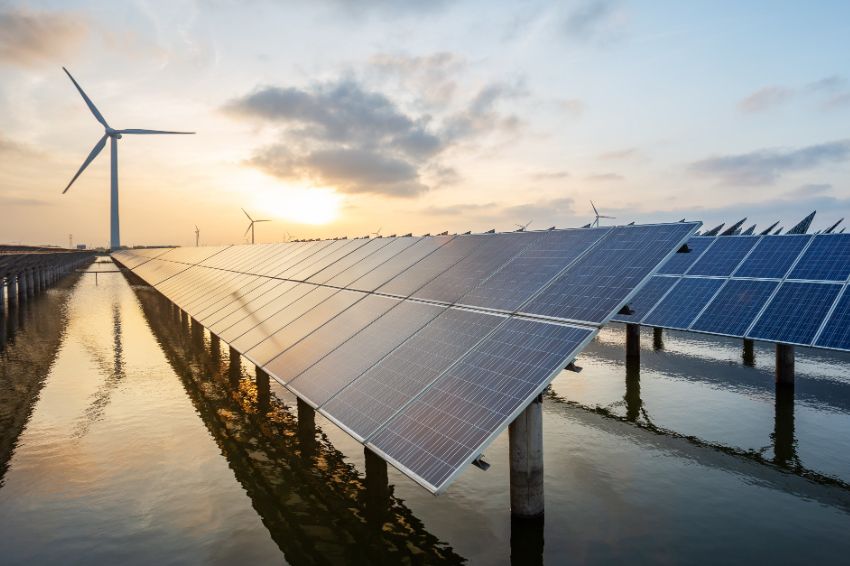Discussions about the energy transition in Brazil must go far beyond the issue of sources renewable. This is what Moisés Cona, director of GRI Infra, a networking group for the infrastructure sector, said.
“It is necessary to deepen incentives, investments and the regulatory agenda for areas that will boost the pace of transition, such as digital transformation strategies, which are key to the integration of renewable sources into electrical systems, data-based decision making and the reduction of electricity access costs” he said.
According to him, the theoretical benefits of digitalizing the energy sector are well known, but it is necessary to advance concrete projects that can unlock various opportunities for the sector.
“Such as advanced monitoring, measurement and predictive maintenance systems, which can, for example, manage the life cycle of assets and structures of different complexities, increase plant efficiency and monitor consumption”, highlighted Cona.
In the executive's view, investing in the right digital technologies today means that any clean energy projects carried out in the coming decades will be delivered increasingly quickly.
“In several regions of the country, when we find ourselves in situations of water crisis and the consequent increase in energy prices, it is common to notice a growth in interest in mergers and acquisitions of solar and wind energy projects”, he highlighted.
“Investors have been more attentive to these opportunities and several transactions have been concluded in recent months. The modernization of the electricity sector and the opening of the market also confirm that the segment in Brazil has the potential to attract more foreign capital, both for greenfield and brownfield projects”, reported the executive.
Companies invest in ESG applications
As part of the strategy to put the transition plan into practice, companies are investing in implementing ESG (Environmental, Social and Governance) applications.
Among them is the ifm, one of the largest manufacturers of industrial sensors and controllers in the world. The company has been offering technological solutions to mitigate the climate and energy crisis through automation technology for 50 years.
The company's digital processes include sensors for measuring water and compressed air consumption, directly impacting electricity consumption, control systems, improving spraying and planting systems and optimizing land use.
ifm works on the energy transition, for example, through solar and wind energy. It manufactures and provides solutions so that the transition plan gets off the ground and is put into practice.
Data on the energy sector
According to data from Our World in Data, a data website produced with researchers from the University of Oxford, in England, the energy sector (electrical, thermal and transport) accounts for 73.2% of greenhouse gas emissions in the world.
The IEA (International Energy Agency) estimates that by 2026 the combined renewable production capacity (biomass, wind, geothermal, hydroelectric and solar) will grow by 60% in relation to the current volume and reach 4.8 thousand GW, equaling the current production of combined fossil and nuclear energy.



-5.gif)












